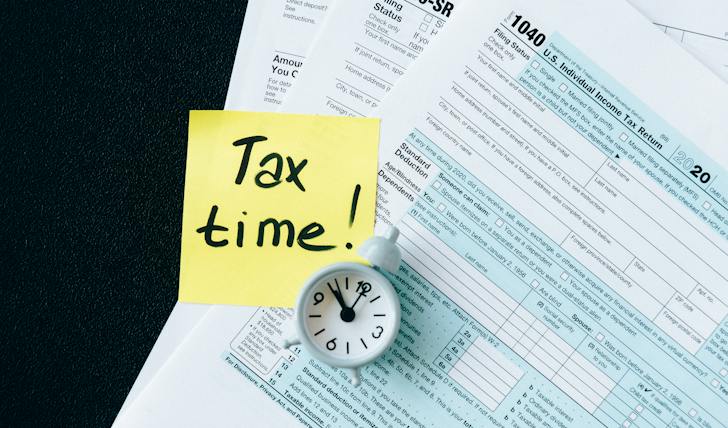January 31: Deadline for Tax Returns
Start the year on the right foot by ensuring your tax returns are filed by January 31st. This is especially important for those with additional income sources that are not automatically taxed.
Late filing can lead to penalties. So, it is best to get ahead. Use this time to reflect on your financial performance over the past year and set goals for the new one.
March 3: Increase in Rail Fares
On March 3rd, rail fares are set to rise, which might nudge your travel budget upwards. This is an ideal time to reassess your commuting costs and explore money-saving options like season tickets or alternative routes.
So, if you rely heavily on trains for your daily commute, this could be an opportunity to rethink your travel strategy.
March 6: The Spring Budget Announcement
The Spring Budget, unveiled on March 6th, is crucial for understanding the government’s financial policies for the coming year. Changes in tax legislation, public spending, and other fiscal policies announced on this day could affect both your personal and business finances.
Keep an eye out for any updates that may require you to adjust your financial planning.
April 5: Fiscal Year End
The fiscal year ends on April 5th, marking the deadline for making the most of your tax allowances and contributions. Whether it is topping up your ISA, contributing to a pension, or other tax-efficient savings, make sure you are fully utilizing these opportunities.
This date also serves as a reminder to start planning for the next financial year.
June: Introduction of King Charles III Banknotes
June brings a historic moment with the introduction of King Charles III banknotes. While this will not have a direct financial impact, it is a significant event in the U.K.'s monetary history.
For collectors, this could be an opportunity to acquire new items, and for others, it is a nudge to possibly exchange any outdated currency.
July 31: Payment on Account Due Date
If you are required to make payments on account to HMRC, remember that the second installment is due by July 31st. Ensuring this payment is made on time is key to avoiding penalties.
Mid-year is also a good time to review your financial standing and adjust your budget for the remainder of the year.
September 1: Expansion of Free Childcare Benefits
September 1st marks another important date for parents, as the free childcare scheme is set to expand. This expansion can significantly decrease your childcare expenses, potentially allowing for more financial flexibility.
So, it is a prime time to revisit your financial plans and consider reallocating your budget to accommodate this change.
October 16: Release of September Inflation Data
On October 16th, September's inflation data will be released, providing insight into the economy’s health and cost of living. Understanding these figures is important for making informed decisions about your savings, investments, and loans.

Lukas / Pexels / October 16 is the key financial date as it will mark the release of inflation data.
Likewise, this data can also guide you in adjusting your budget to cope with any changes in the economic landscape.
November: The Autumn Statement
In November, the Autumn Statement will provide updates on the government’s economic policies and projections. This announcement can have wide-ranging implications for your personal and business financial planning.
So, stay alert to any changes in taxation, public spending, or economic strategies that might influence your financial decisions.



